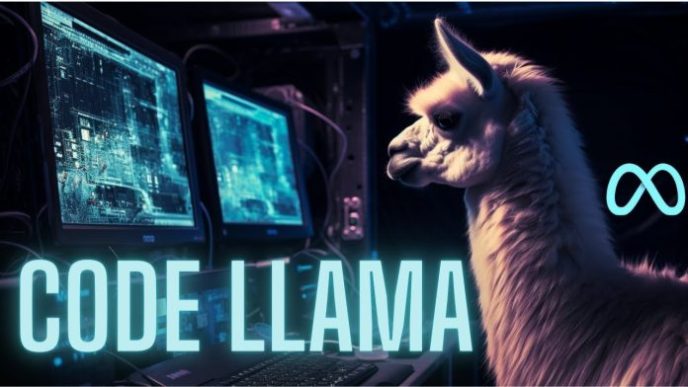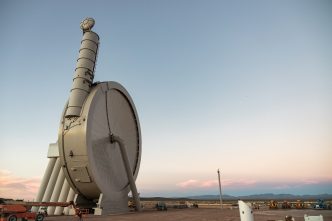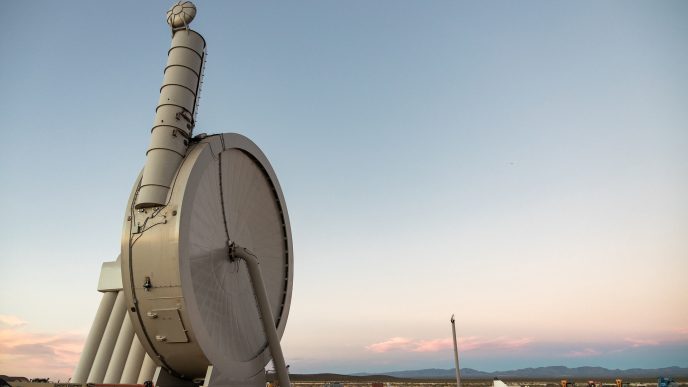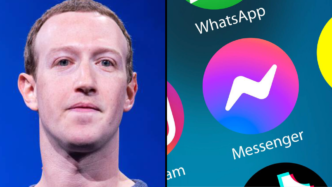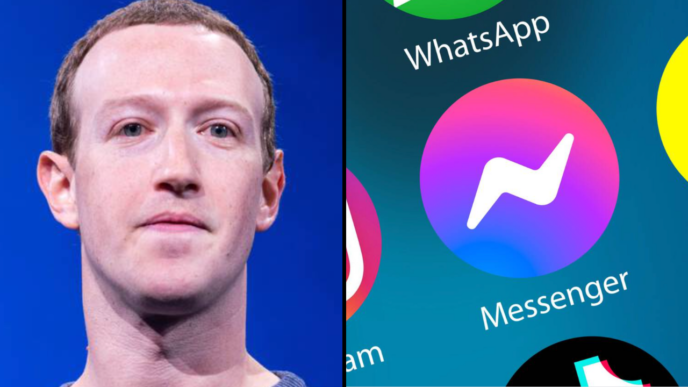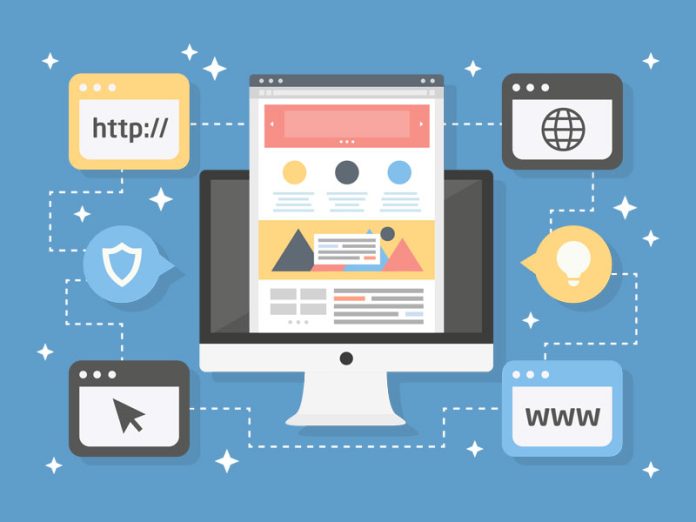
In the dynamic and ever-evolving landscape of digital technology, the role of the web designer is being fundamentally redefined. What was once a domain dominated by skilled professionals wielding their prowess over HTML, CSS, and JavaScript is now being infiltrated by a new breed of technology: AI website builders. These tools promise to democratize website creation, making it accessible to the masses and potentially rendering traditional web design practices obsolete. But is this technological advancement a panacea or a Pandora’s box?
The Rise of AI Builders
The advent of AI-powered website builders like Wix ADI, Bookmark’s AIDA, and Zyro has introduced a paradigm shift in how websites are conceived and constructed. Leveraging sophisticated algorithms and machine learning, these platforms can craft aesthetically pleasing and functional websites in a matter of minutes. The process typically involves answering a few simple questions about your preferences and needs, after which the AI takes over, assembling a personalized website layout complete with content suggestions and design elements.
An Illusion of Simplicity
At first glance, the convenience and speed offered by AI website builders seem almost too good to be true. The allure of bypassing the often arduous and expensive process of hiring a professional web designer is undeniable. For small businesses, startups, and individuals, the ability to swiftly create a professional online presence is a game-changer. However, this simplification comes with its own set of complexities.
The Hidden Depths of Web Design
Web design is more than just arranging text and images on a page. It’s an intricate blend of user experience (UX), search engine optimization (SEO), and brand identity. Professional web designers bring a nuanced understanding of these elements, creating websites that are not only visually appealing but also optimized for performance and user engagement. AI, despite its advancements, often lacks the ability to fully grasp and implement the subtleties involved in these aspects.
The Creativity Conundrum
AI builders operate within the confines of their programming and data inputs. While they can generate designs based on pre-existing templates and user preferences, they often fall short in the realm of creativity and innovation. Human designers, on the other hand, bring unique perspectives and creative problem-solving abilities that AI cannot replicate. The risk with AI-built websites is a potential homogenization of web design, where originality and uniqueness are sacrificed for efficiency and convenience.
SEO and Performance Pitfalls
Another critical area where AI website builders may stumble is in the optimization of websites for search engines. SEO is a dynamic field that requires an understanding of constantly changing algorithms and best practices. While AI can implement basic SEO features, it often lacks the depth of expertise required to achieve optimal search engine rankings. Similarly, performance optimization involves fine-tuning a website’s code and structure, a task that AI might not execute with the precision of a seasoned web developer.
The Ethical Implications
The rise of AI in web design also brings forth ethical considerations. The displacement of web designers due to automation could lead to significant job losses in the industry. Furthermore, the reliance on AI-generated content raises questions about originality and intellectual property. As AI systems pull from vast datasets to create content, the line between inspiration and plagiarism can become blurred.
A Collaborative Future?
Despite these challenges, the future of web design may not be as dichotomous as a simple AI versus human debate. A more integrated approach, where AI tools augment the capabilities of human designers rather than replace them, could be the ideal scenario. AI can handle routine, time-consuming tasks, allowing designers to focus on creativity, strategy, and innovation. This synergy could lead to the best of both worlds: efficiency and originality.
Embracing Change with Caution
The emergence of AI website builders is undeniably a significant development in the tech world. They offer unprecedented accessibility and convenience, empowering users to create websites quickly and with minimal cost. However, as with any technological advancement, it’s crucial to approach with a balanced perspective, recognizing both the benefits and limitations.
For those considering AI builders, it’s essential to weigh the trade-offs between speed and depth, convenience and creativity, efficiency and originality. As we navigate this new terrain, the collaboration between human ingenuity and artificial intelligence could pave the way for a future where technology enhances rather than diminishes the art of web design.

